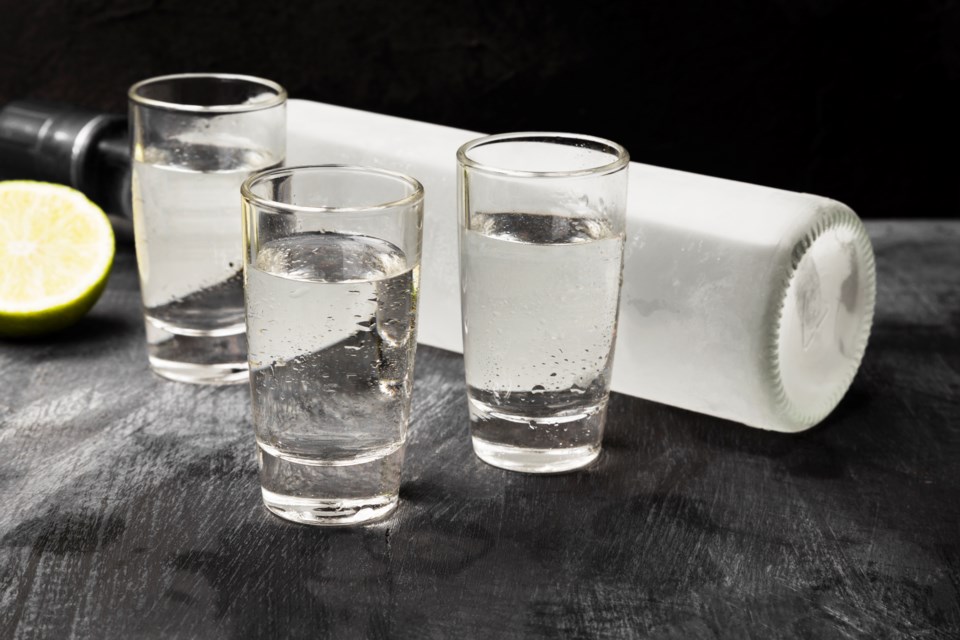In the past few days, Whistler’s Nesters Liquor Store has been selling more Russian vodka than usual.
But that’s not because its customers support Russian president Vladimir Putin’s ongoing military invasion of neighbouring Ukraine.
In an Instagram post earlier this week, the independent seller announced its decision to no longer order products from Russia. Nesters’ owners Karen and Andrew Ellott also committed to donating proceeds from all Russian-owned vodka remaining on the store’s selves to Ukrainian aid relief funds. The move was praised by more than a few of the store’s followers in the comment section.
“Instead of buying one bottle of the Russian Standard, [customers] will probably buy two, because they feel that they're contributing and making an impact and that's really quite interesting,” explained Karen. “Any way we can help, we will do it, without question.”
Karen estimates the revenue from discounted, leftover stock will amount to about $2,000 to $3,000.
Additionally, Nesters customers looking to purchase a bottle of vodka will now see a small national flag accompanying each spirit's label on Nesters’ shelves. That’s because there’s often a misconception about where many vodka brands originate from, said Andrew. Among popular brands, Absolut is produced in Sweden, while Smirnoff (though founded in Moscow) is today owned and produced by British corporation Diageo, for example.
“For all [non-Russian] vodkas, it'll be much clearer whether they're from Sweden, or from Latvia or from France, so people will know where they're buying their vodka from,” he said. “It's not a hugely impactful thing, but the important thing to us is that it's symbolic, and it shows that if everyone around the world does a tiny bit, it will hurt the Putin regime.”
The decision is a permanent one, said Karen. “We will never carry Russian vodka again—ever,” she said.
“This is something we really thought that we need to do. We feel very strongly about it. I think as a small business in Whistler, if we can sort of start this going, then hopefully people will follow suit, because I think it's something that's very easily done.”
The local store’s decision falls in line with Canada’s provincial governments, including British Columbia’s, that have decided to boycott Russian products in a show of solidarity with Ukraine.
In British Columbia, deputy premier Mike Farnworth announced that the province was immediately halting the import and sale of Russian liquor products from BC Liquor Stores and its liquor distribution centres.
In addition, B.C. is contributing $1 million to the Red Cross to support Ukrainians who are affected by the war, Farnworth said, calling the attack an “illegal act of war.”
"Our province stands with those who understand Europe's peace following two world wars depends on respecting international law," he said in a statement.
Ontario’s Finance Minister Peter Bethlenfalvy said on Feb. 25 he was directing the Liquor Control Board of Ontario—one of the world’s largest alcohol buyers and retailers—to withdraw products produced in Russia from nearly 700 stores, the same day the Nova Scotia Liquor Corp. moved to pull Russia-produced products off its shelves.
Since then, all provinces and territories have taken similar action.
The largely symbolic decision comes following a series of increasingly tough economic sanctions placed on Russia by the federal government and its allies, including freezing international assets of both its central bank and a list of high-ranking individuals.
- With files from the Canadian Press




